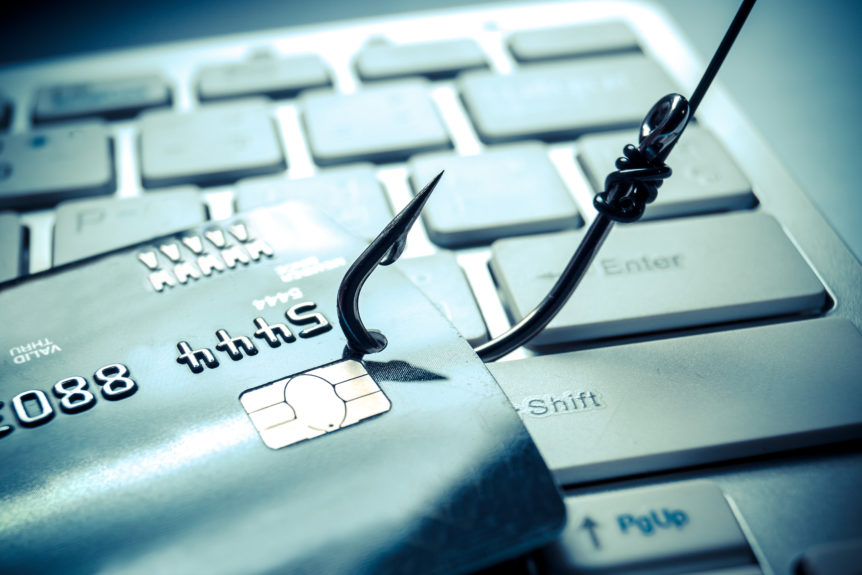
Don’t Get Phished
Phishing emails are one of the most prevalent threats to computer security today. A phishing email is an email that looks legitimate at first glance but was actually written by an impostor. These are usually done in an attempt to infect your computer with malware or steal your login credentials for the email, social media, banking, or file sharing services that you use.
Where do I start?
You need to build a habit of asking yourself one simple question before acting on the contents of any email that you open, and that question is: Is this email out of place? Am I expecting this type of email or document from this person or sender? Should this person be asking for this information through email?
If the email is unexpected, asks for you to complete an unexpected document, or is from an unfamiliar sender, then a higher level of scrutiny is required.
I have a suspicious email, how do I know if it’s phishing?
These three things are easy to check and will identify most phishing emails.
- What is the sender’s email address? Keep an eye out for misspellings, like [email protected] instead of [email protected], or [email protected] instead of [email protected].
- Are you being directed to click on a link? Hover over it. Is the link preceded by https:// as opposed to http:// ? Are there misspellings, like goog1e.com or bank0famerica.com? Does the link appear to be totally unrelated?
- Do you know the sender? If so, call them and confirm that they sent the message to you.
I have a phishing email, what now?
Simply deleting the message and ignoring any further correspondence from the sender is enough. If you have not clicked any links, opened any attachments, or sent any information to the scammer you don’t have anything to worry about.
What if I clicked the link or sent my information?
If you gave the scammer any financial information, such as credit card numbers or bank account information, you should contact your financial institution and explain the situation.
If you provided login information for a service that you use, such as email or social media, you need to immediately change the login information for those services.
If you opened any attachments you may want to turn your computer off until you can have a professional examine it for malware.
Want a second opinion?
Have an email you aren’t sure about? We’re happy to provide a second opinion!
Residential customers can forward suspected phishing emails to [email protected]
Business clients can forward suspected phishing emails to [email protected]